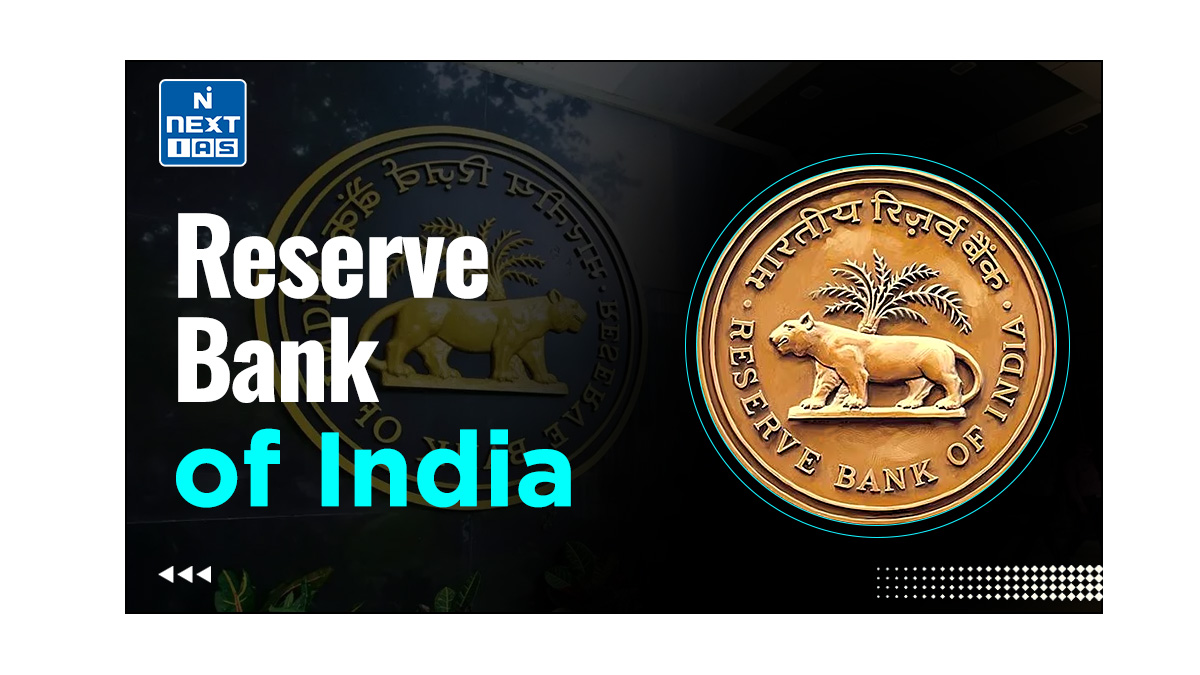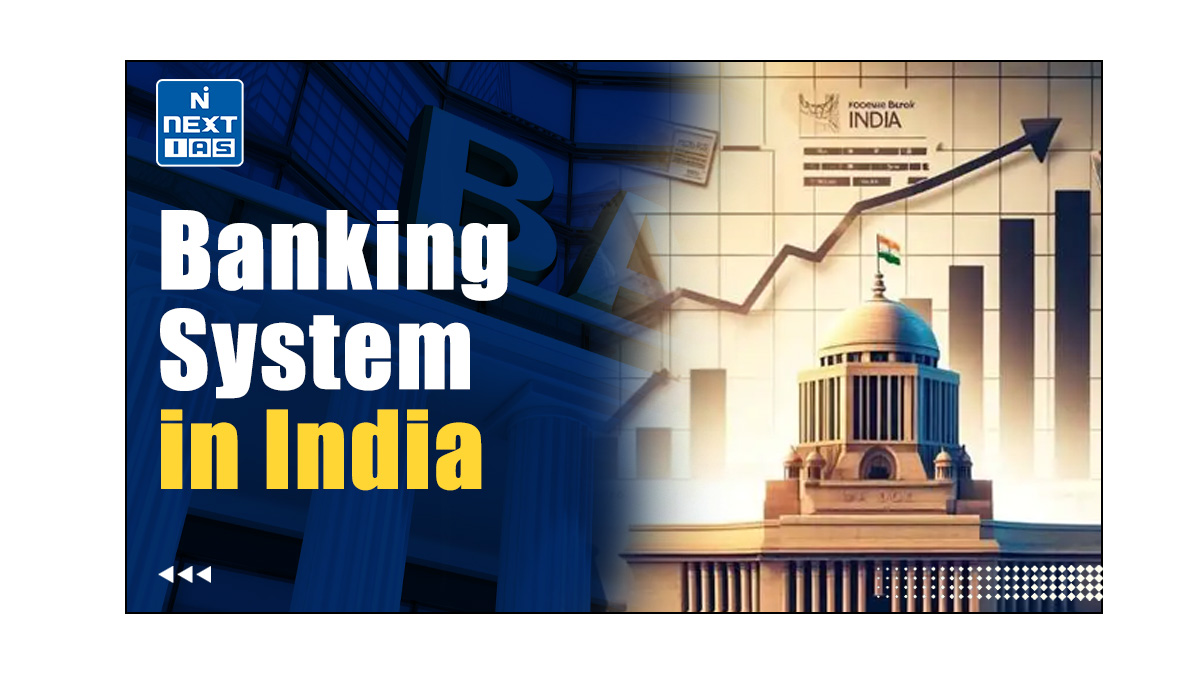
Foreign Investment is a critical component of a country’s economic growth and development. Various types of such investments are crucial for meeting several needs of an economy. This article aims to study in detail Foreign Investment, its meaning, and various types including Foreign Direct Investment (FDI), Foreign Portfolio Investment (FPI), & External Commercial Borrowing (ECB).
What is Foreign Investment?
- It refers to the capital inflow from one country into another.
- In other words, it means investors from one country acquire assets or ownership stakes in businesses, projects, or financial instruments in another country.
Types of Foreign Investments
They are of mainly the following three types:
- Foreign Direct Investment (FDI)
- Foreign Portfolio Investment (FPI)
- External Commercial Borrowing (ECB)
Each of them is explained in the sections that follow.
Foreign Direct Investment (FDI)
Foreign Direct Investment (FDI) refers to the type of investment wherein residents of one country (the home country) acquire ownership of assets of a firm in another country (the host country) to control production, distribution, etc.
Read our detailed article on Foreign Direct Investment (FDI).
Foreign Portfolio Investment (FPI)
- Foreign Portfolio Investment (FPI) refers to investment made in an economy through the purchase of financial assets, such as bonds, stocks, etc, in a foreign country.
- Unlike Foreign Direct Investment (FDI), which involves direct ownership and control of business enterprises, FPI is characterised by passive holdings without any active management or control over the entities in which investments are made.
Read our detailed article on Foreign Portfolio Investment (FPI).
External Commercial Borrowing (ECB)
- External Commercial Borrowing (ECB) refers to a loan availed by an Indian entity from non-resident lenders with a minimum average maturity.
- External Commercial Borrowings (ECBs) encompass various forms of credit, including commercial bank loans, buyers’ credit, suppliers’ credit, securitized instruments like floating rate notes and fixed rate bonds, as well as credit from official export credit agencies.
- They also include commercial borrowings from the private sector branches of multilateral financial institutions such as the Asian Development Bank (ADB), International Finance Corporation (IFC), etc.
Read our detailed article on External Commercial Borrowing (ECB).
Importance of Foreign Investments
They are crucial for the economic development of countries and offer numerous benefits, including:
- Capital Inflow: Provides additional capital that can be used for development and growth.
- Job Creation: By fueling growth and development, they help create new jobs and reduce unemployment.
- Technological Advancements: They are often associated with the introduction of new technologies and business practices.
- Skill Development: Foreign investors often provide training to the local workers. This helps in skill development.
- Access to International Markets: Association with foreign investors helps domestic firms to expand into global markets. This, in turn, helps them increase their business activities.
- Increased Exports: It can boost a country’s export capacity. This helps the country’s foreign exchange earnings.
Issues with Foreign Investments
While they bring numerous advantages, they also pose certain challenges. Some of the major issues associated with these investments are as follows:
- Dependency: Over-reliance on such investments can make a country dependent on foreign capital. This, in turn, can result in under-development of its own capacity.
- Fear of External Shocks: Such investments, being dependent on external economic factors, may mean that the receiving economy becomes vulnerable to external economic shocks.
- Profit Repatriation: Profits made by foreign investors are often repatriated, leading to capital outflow from the investment-receiving countries.
- Regulatory Challenges: Managing the ill sides of such investments requires strict regulations.
- Policy Uncertainty: Inconsistent or unpredictable policy environments can deter investment.
- Labour Exploitation: Potential for exploitation of local labour if not properly regulated.
Conclusion
Foreign Investment plays a crucial role in driving economic development and providing capital, technology, and access to international markets. Understanding its dynamics is essential for policymakers and stakeholders to maximise its benefits while mitigating associated risks. This, in turn, can help economies achieve sustainable economic growth and development.
GS - 3





